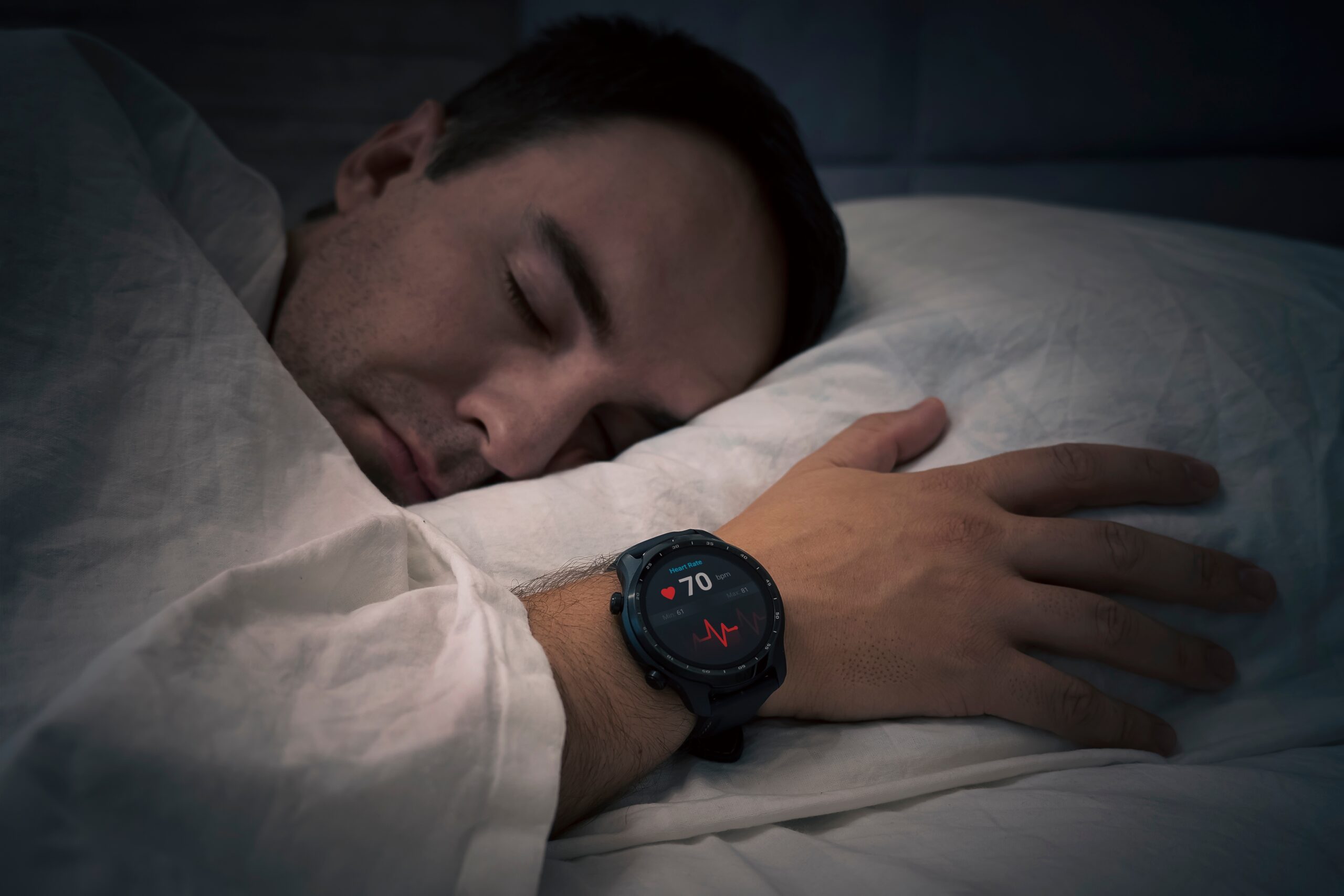Your mental resilience—your ability to bounce back from stress, trauma, and life’s inevitable curveballs—might depend on something as simple as whether you’re getting enough of one specific type of sleep that most people know nothing about.
Story Highlights
- REM sleep acts as your brain’s emotional processing center, directly building mental resilience
- Sleep disorders like insomnia and sleep apnea disrupt REM cycles, making you more vulnerable to stress
- Quality of sleep matters more than quantity when it comes to psychological strength
- Modern lifestyles are systematically undermining this critical sleep stage
The Brain’s Nightly Resilience Training Session
REM sleep operates like a sophisticated emotional gymnasium for your brain. During these vivid dreaming phases, your mind processes traumatic memories, regulates emotional responses, and literally rewires neural pathways to handle stress more effectively. Recent meta-analyses reveal that people with higher-quality REM sleep demonstrate measurably stronger psychological resilience when facing life’s challenges. The mechanism is elegant: while you dream, your brain rehearses emotional scenarios and builds the neural infrastructure needed for mental toughness.
Scientists discovered that REM sleep reduces activity in the amygdala—your brain’s alarm system—while strengthening connections to regions responsible for rational thinking and emotional control. This nightly maintenance session explains why sleep-deprived individuals often struggle with emotional regulation and demonstrate heightened reactivity to stressors that others handle with ease.
When Sleep Architecture Crumbles
Sleep disorders wage war against your resilience in ways most people never realize. Insomnia and obstructive sleep apnea don’t just leave you tired—they systematically dismantle your emotional defenses by fragmenting REM sleep cycles. Research shows that individuals with these conditions experience measurably lower psychological resilience scores and face increased vulnerability to anxiety, depression, and burnout.
The damage extends beyond individual nights. Chronic REM disruption creates a cascading effect where poor sleep leads to reduced resilience, which increases stress sensitivity, which further impairs sleep quality. This vicious cycle helps explain why sleep disorders often coincide with mental health struggles, and why treating sleep problems frequently improves psychological well-being even when therapy alone hasn’t succeeded.
Quality Trumps Quantity in Mental Fitness
The eight-hours-of-sleep rule misses the crucial point entirely. Sleep quality—specifically the integrity of your REM cycles—predicts resilience far better than total sleep duration. You could sleep nine hours nightly but still lack mental fortitude if medications, alcohol, or sleep disorders fragment your REM stages. Conversely, individuals with shorter but high-quality sleep often demonstrate superior stress adaptation and emotional stability.
This discovery revolutionizes how we approach mental health. Rather than simply prescribing more sleep, clinicians now focus on optimizing sleep architecture through targeted interventions. The shift represents a fundamental change from treating sleep as rest to understanding it as active mental conditioning that builds psychological strength through specific neurobiological processes.
Modern Life’s Assault on Resilience
Contemporary lifestyles systematically undermine REM sleep through mechanisms our ancestors never faced. Blue light exposure from screens suppresses melatonin production and delays REM onset. Irregular schedules disrupt circadian rhythms that coordinate sleep architecture. Chronic stress elevates cortisol levels that fragment dream sleep precisely when your brain needs it most for emotional processing.
The implications extend beyond individual health to societal resilience. Populations experiencing widespread sleep disruption may demonstrate reduced collective capacity to handle crises, adapt to change, and maintain emotional stability under pressure. This connection between sleep quality and community mental health suggests that protecting REM sleep represents both personal and public health priorities requiring policy-level interventions addressing work schedules, screen time, and environmental factors affecting sleep quality.
Sources:
Psychological resilience as a mediator between sleep quality and mental health
The relationship between sleep quality and psychological resilience
Stanford Medicine Sleep Mental Health Connection
Frontiers in Psychology Sleep Study














